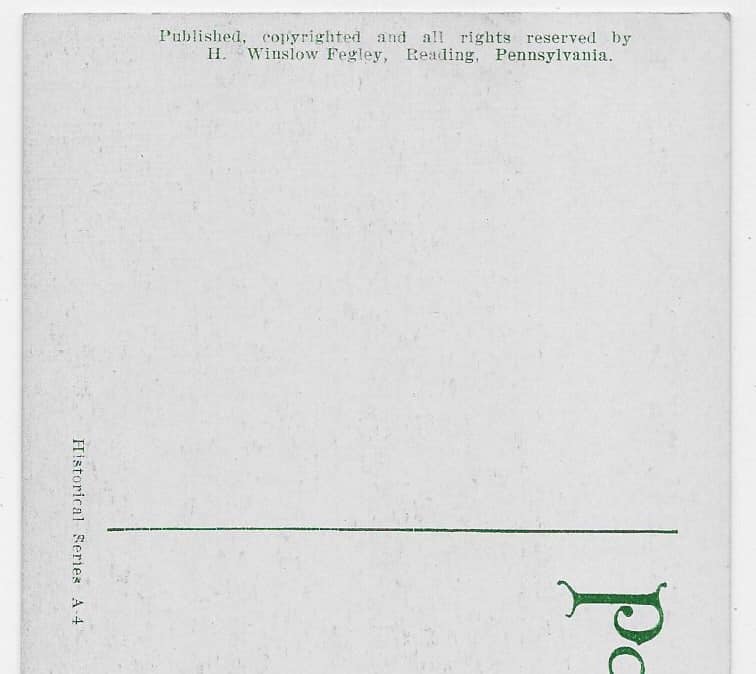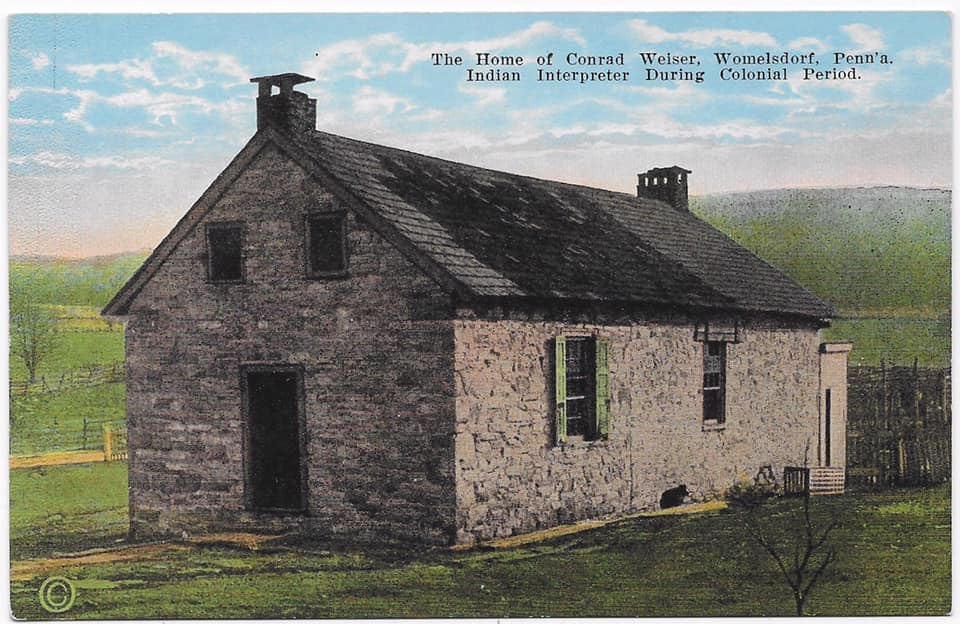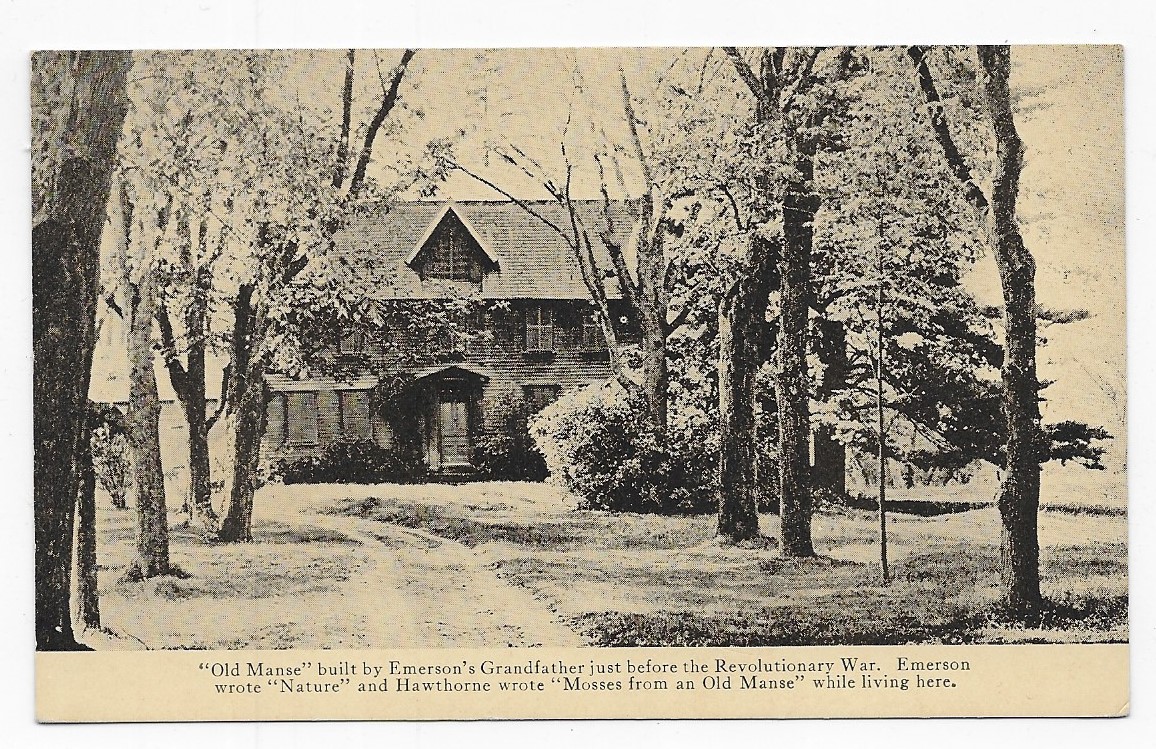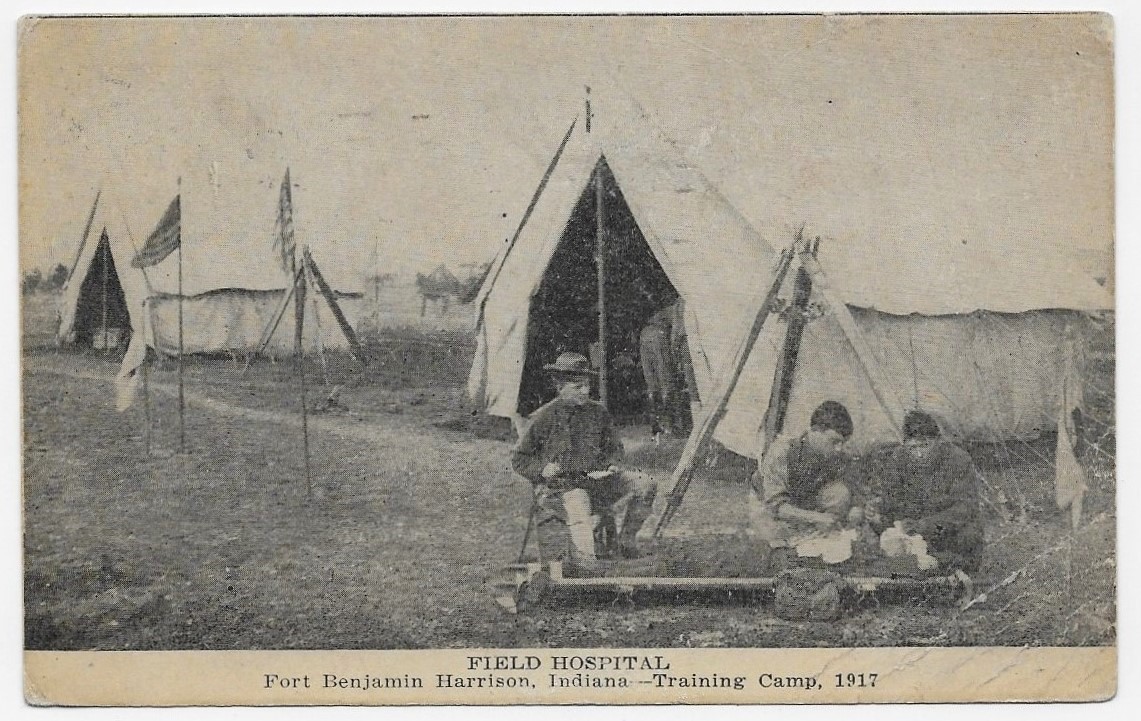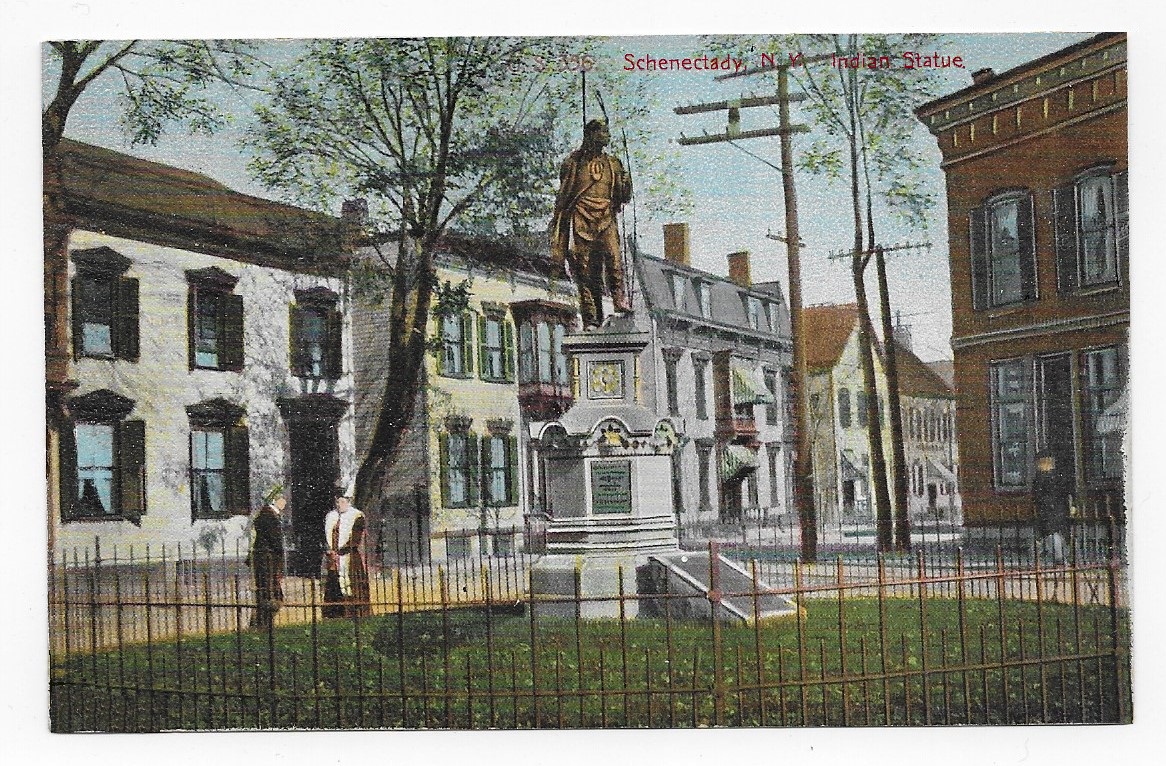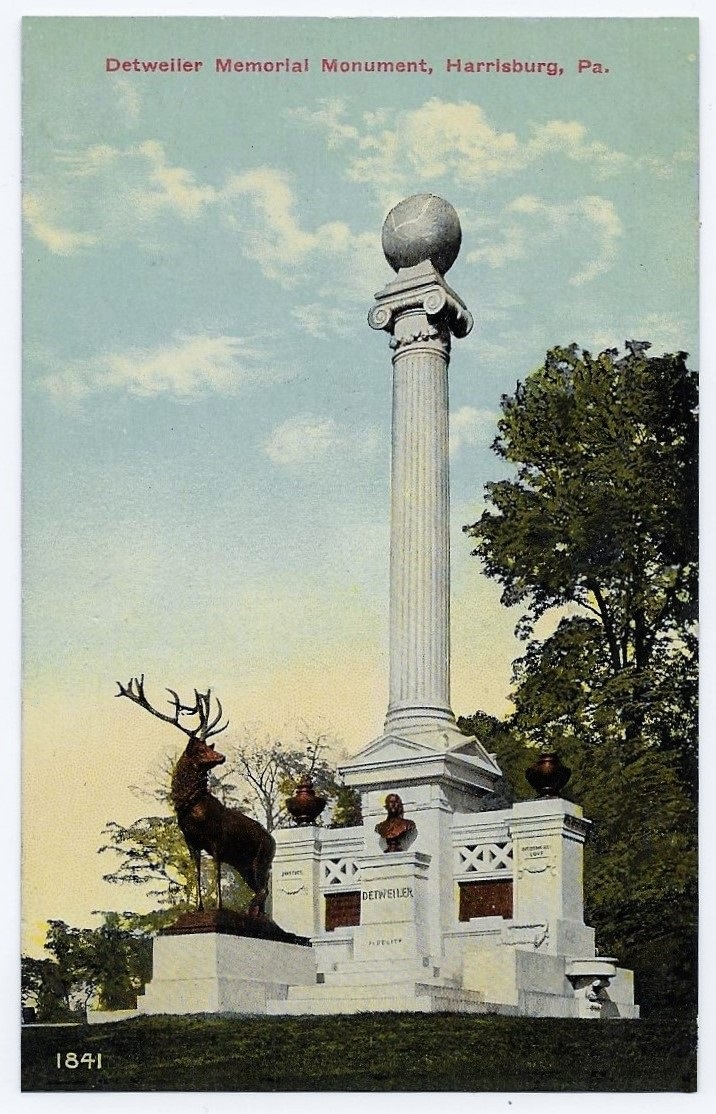Today, the Episcopal Church commemorates Conrad Weiser, colonial peace-maker, city planner, administrator of justice, and Lutheran churchman.
Although Conrad Weiser was not part of the Anglican tradition, his deeply-Christian commitment to building cross-cultural bridges, nurturing peace, and developing healthy communities is honored by the faithful of many denominations.
This hand-colored postcard photograph was made by H. Winslow Fegley of Reading, PA about 1910.
It shows the simple stone cottage, near Womelsdorf, PA, where Conrad Weiser lived.
William Penn received his charter for Pennsylvania in 1681, and he traveled through war-ravaged Germany to invite many who were dispossessed in the religious conflict to come to the new colony of Pennsylvania.
Conrad Weiser and his young wife were among the large numbers of German-speaking settlers who emigrated to the new colony (after a sojourn in New York to which they had been given passage by the English Crown); they were pioneers in the area that became Berks County.
Conrad Weiser embodied the religious and political convictions of William Penn in his insistence on relating to the Native American tribes as sovereign entities and in promoting a tolerant, welcoming, and non-oppressive political culture.
He had a unique experience of having lived among the Mohawk tribe and, later, of dwelling with the pietist and pacifist fellowship at the Ephrata Cloister.
Conrad Weiser was instrumental in the establishment of Berks County, carved from a very large Lancaster County.
He laid out the city of Reading, served as Justice of the Peace, helped to found Lutheran Churches, but was best-known for his energetic and forceful efforts to ensure peace and understanding.
Weiser spoke the language of the Native tribes, and had a deep respect for their culture and independence.
This notable figure is worthy of commemoration.
